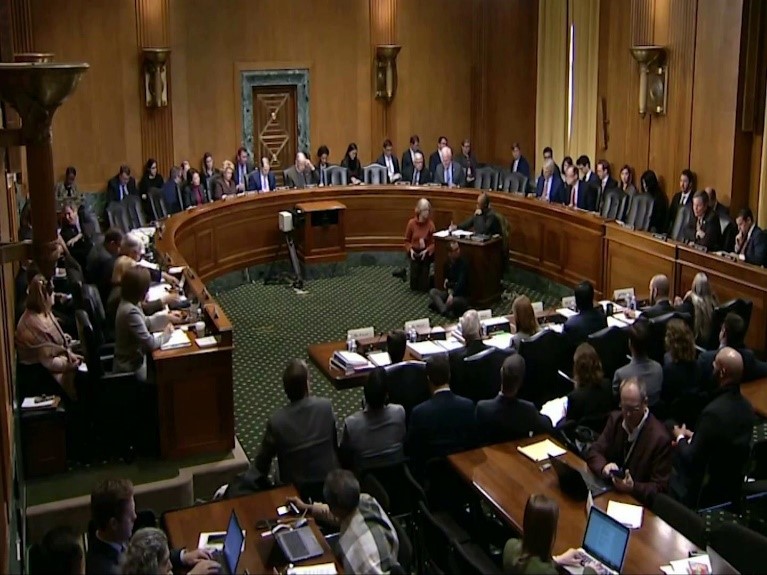January 15, 2020
The U.S.-Mexico-Canada Agreement (USMCA) has been approved by both houses of Congress and awaits a signature from the President.
The Senate voted 89 to 10 to support the agreement on January 16, as the final legislative step required in the U.S. The U.S. House of Representatives previously approved H.R. 5430, the implementing bill for the USMCA with broad bipartisan support in a vote of 385 to 41. Canada is expected to vote on the agreement later this month.
Upon ratification by the three countries, the agreement enters into force 90 days later, replacing the North American Free Trade Agreement. In addition to chapters providing assistance for small and medium sized businesses and customs efficiencies which reduce border wait times, the revised document now includes new language strengthening labor, environmental, and enforcement provisions. The full text of the USMCA as agreed by the U.S., Canada, and Mexico, is available here.
The revised agreement also includes $300 million in funding for the U.S. Environmental Protection Agency’s (EPA) Border Water Infrastructure Program to be distributed over the course of 4 years and directing the EPA to prioritize wastewater infrastructure projects. These funds could translate into much needed resources for our region to address transboundary pollution impacting the Tijuana River Valley and our binational community.
In addition, language from H.R. 132, the North American Development Bank (NADBank) Improvement and Pollution Solution Act of 2019, was included in the implementing legislation. The bill provides a capital increase for NADBank increasing its support to projects along the U.S.-Mexico border. The bill also requires the NADBank to streamline and accelerate its project certification and financing processes.
